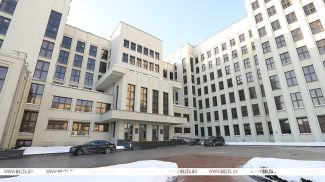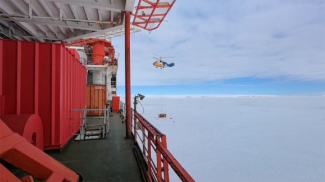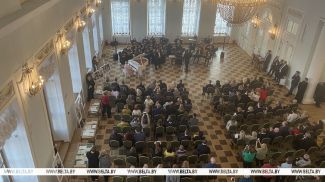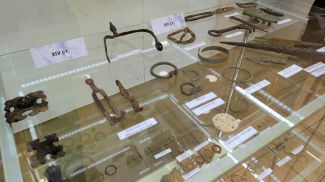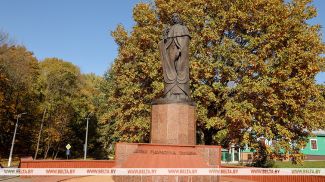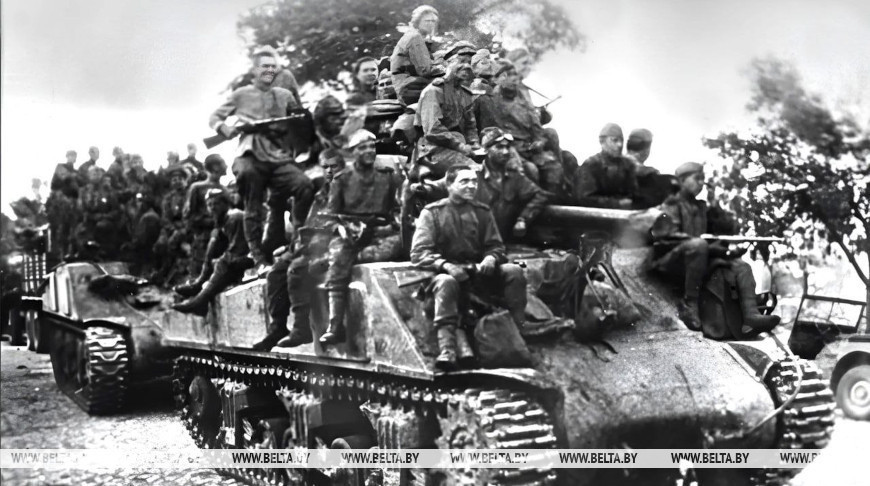
On 1 July 1944, the city of Borisov was liberated from the Nazi invaders during the Belarusian offensive operation Bagration, one of the largest military operations of the Great Patriotic War.
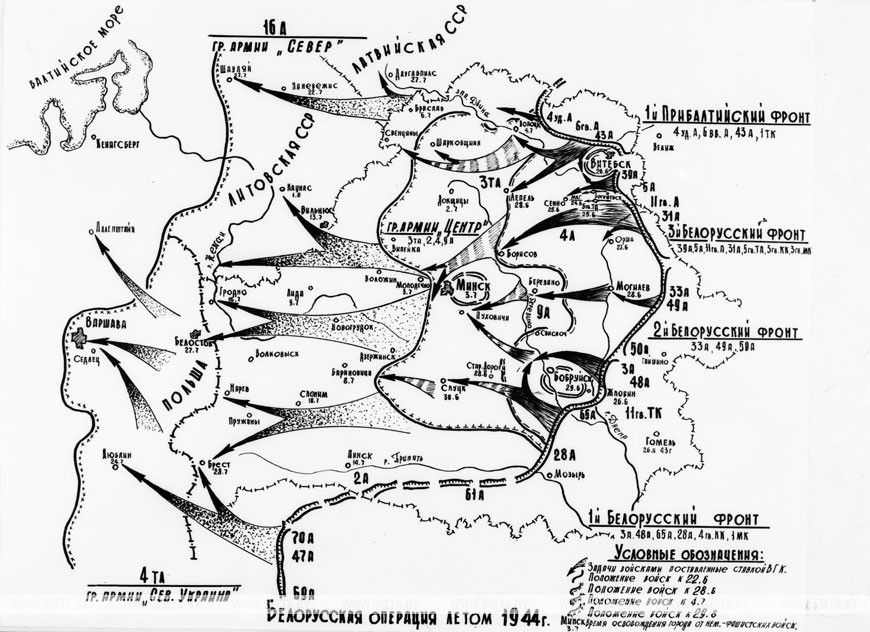
During the first days of Operation Bagration, the German Army Group Center suffered a catastrophic blow, its main forces were surrounded and defeated.
The events in Belarus infuriated Hitler. On 28 June, he dismissed Field Marshal Ernst Busch from the post of commander of Army Group Center and appointed Field Marshal Walter Model in his place. The latter decided to organize a defense line east of Minsk. The Wehrmacht command also urgently transferred the units from the army groups "North" and "Northern Ukraine", but these forces were not enough to stop the advance of the Red Army. Soviet troops, bypassing the enemy's strongholds through forests and swamps, continued to advance towards Minsk, Slutsk and Molodechno.
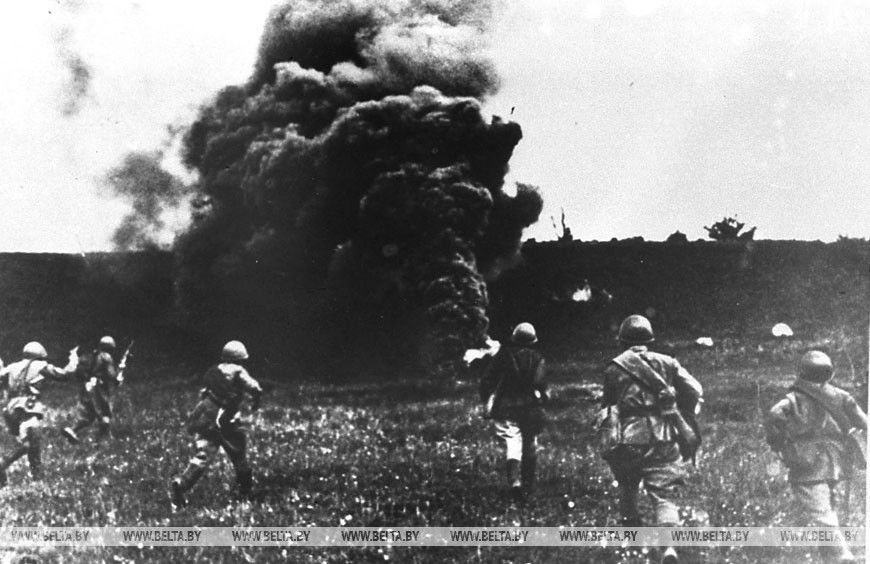
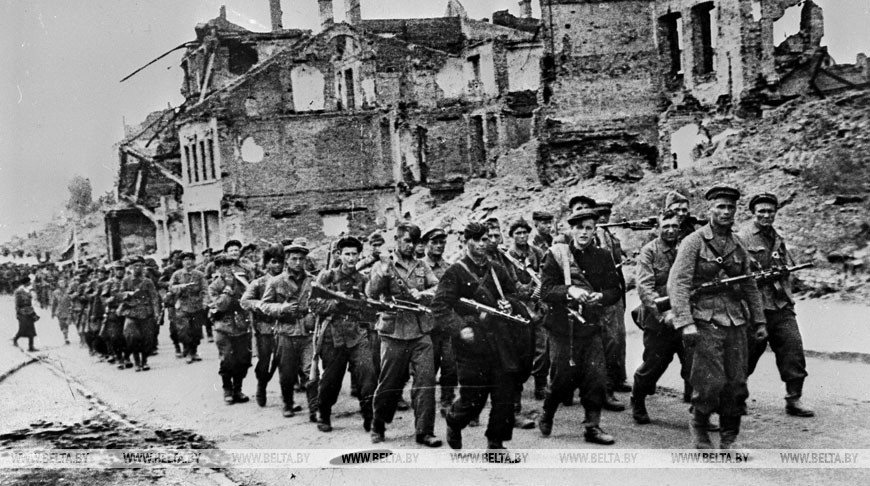
Decisive battles took place in the offensive zone of the 3rd Belorussian Front on the Berezina River, in Borisov District. In 1812, this river witnessed the death of Napoleon's army; in 1944 the Wehrmacht troops were defeated here by the Soviet army. On the night of 1 July, Red Army formations broke into Borisov and liberated the city at dawn, by 3a.m. Thirteen units and formations that distinguished themselves during the liberation of the city were awarded the honorary title of "Borisov".
As a result of the offensive the Soviet troops liberated the districts of Begoml, Sharkovshchina, Gresk, and Borisov on 1 July.

During the first days of Operation Bagration, the German Army Group Center suffered a catastrophic blow, its main forces were surrounded and defeated.
The events in Belarus infuriated Hitler. On 28 June, he dismissed Field Marshal Ernst Busch from the post of commander of Army Group Center and appointed Field Marshal Walter Model in his place. The latter decided to organize a defense line east of Minsk. The Wehrmacht command also urgently transferred the units from the army groups "North" and "Northern Ukraine", but these forces were not enough to stop the advance of the Red Army. Soviet troops, bypassing the enemy's strongholds through forests and swamps, continued to advance towards Minsk, Slutsk and Molodechno.


Decisive battles took place in the offensive zone of the 3rd Belorussian Front on the Berezina River, in Borisov District. In 1812, this river witnessed the death of Napoleon's army; in 1944 the Wehrmacht troops were defeated here by the Soviet army. On the night of 1 July, Red Army formations broke into Borisov and liberated the city at dawn, by 3a.m. Thirteen units and formations that distinguished themselves during the liberation of the city were awarded the honorary title of "Borisov".
As a result of the offensive the Soviet troops liberated the districts of Begoml, Sharkovshchina, Gresk, and Borisov on 1 July.




